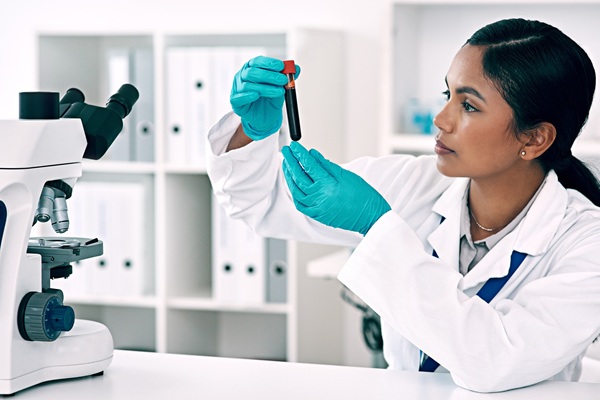Ask a Primary Care Nurse Practitioner: Why Is It Necessary to Take All Medications As Prescribed?

When a nurse practitioner prescribes you a medication, it is important to take it as prescribed. You may be wondering why it is important to finish your prescription, whether you are beginning to feel better or the medication does not seem to be working at all. A nurse practitioner can help you understand why it is necessary to complete the procedure.
Importance of taking all medication
Many people do not take medication as prescribed because of forgetfulness. It can be easy to become busy doing something else and only realize later that a dose was missed. Other people may find that the medication does not seem to be working, that it is too expensive to take the whole dose or that it has side effects. Others may simply not understand the directions.
However, not taking medications as prescribed can have serious consequences. The Centers for Disease Control and Prevention (CDC) estimates that 30 to 50% of treatments for chronic diseases fail because patients do not take medications as prescribed. This means that about 125,000 Americans die each year from not taking all prescribed medications.
For example, many people who have high cholesterol take statins. These medications work to help lower a patient’s cholesterol. However, research has been done on individuals who stop taking these important medications within a year. These individuals have a 25 to 50% chance of increased risk of dying from not taking the medications.
Tips for taking all prescribed medication
Many people do not take prescribed medications because they have either experienced side effects or do not want to experience side effects. It is true that some patients may experience adverse effects from medications. These patients can speak with nurse practitioners about changing the dosage or switching to another medication. Patients who do not want to take the medication because they are afraid of the side effects can speak with a nurse practitioner about the medication.
There are several ways that patients can work to remember to take the medication:
- Patients should take the medication at the same time of day
- Patients can keep track of each time a dose is taken
- During travel, patients should keep all medications nearby. It is a good idea to bring a few days’ extra in case any gets lost
- Patients can use a pill container that divides the medications by day or even time of day to take them. Keeping this pill container in a conspicuous location, such as the kitchen table, can help patients remember to take the medications
- Patients can set reminders on their phones when it is time to take the medication
Talk with a nurse practitioner
Taking prescribed medication is important because it can help manage chronic conditions. While patients may not feel the results from the medication immediately, it is important to keep taking the medications. Having a good relationship with a nurse practitioner can help you stick to your medication routine. Being able to speak to the nurse practitioner about side effects can help you put any fears at rest.
Get more information here: https://www.southfloridadoctorsgroup.com or call South Florida Doctors Group at (954) 905-2432
Check out what others are saying about our services on Yelp: Read our Yelp reviews.
Recent Posts
Blood work is an essential tool primary care providers use to assess overall health, diagnose conditions, and monitor ongoing treatment. Routine blood tests offer valuable insights into the body's functions, helping detect potential health issues early. Understanding the different types of blood work and their purposes can help clarify why PCP recommend these tests during…
Preventative care helps safeguard your health by providing early detection or interception of serious conditions or diseases. Maintaining a relationship with a preventative care practitioner can help keep you healthy year-round. Learning their role and how they stack against diagnostic care can help you determine whether consulting this type of practitioner is necessary.Preventative care practitioners…
Primary care is essential to your health maintenance, offering a comprehensive approach to your healthcare needs. Regular visits with a primary care provider help you manage various healthcare needs, from medication and chronic conditions to preventive services and screenings. Understanding the benefits of primary care and what to expect from a visit will help you…
Pap smears are routine screenings that check for abnormal cells in the cervix, which may indicate cervical cancer or other conditions. Getting these screenings helps detect these conditions early when they are easier to treat. Patients need to understand their results and when further screening is needed.Also known as a pap test, a pap smear…


